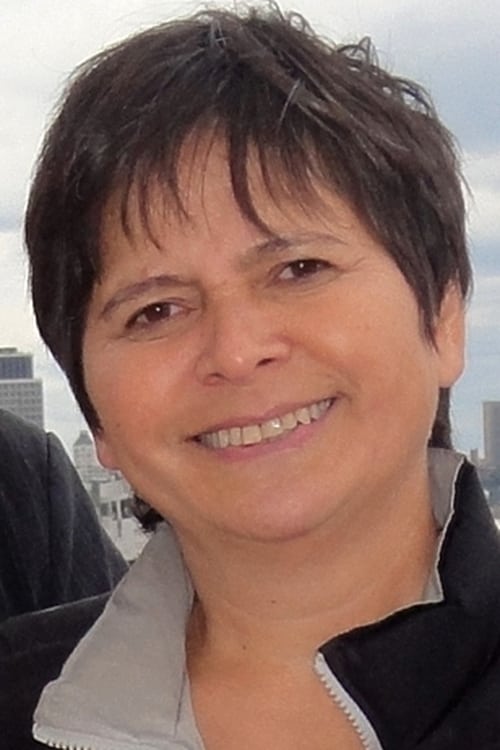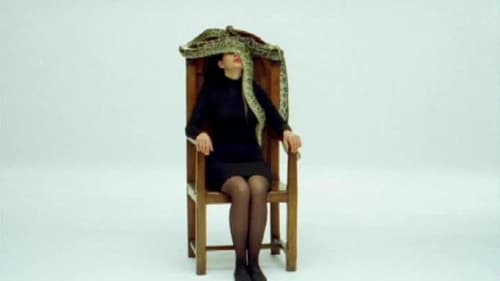Hetty Naaijkens-Retel Helmrich
Nascimento : 1955-11-08, Bandoeng, Java
História
Hetty Naaijkens-Retel Helmrich (Dutch born 1955, Bandoeng) raised in the Netherlands, is the director of Scarabeefilms (Netherlands). She has produced several award-winning documentaries.
Hetty Naaijkens-Retel Helmrich started her career teaching Dutch language and Social Sciences in the Netherlands and on Curaçao (1979–1987). In 1989 she founded the film production company Scarabeefilms, which grew into an internationally active operation. She participated in the Twinning Programme of the E.U.-funded Media Business School and at the Amsterdam’s Binger Institute. In April 2004, Hetty Naaijkens-Retel Helmrich received the bi-annual Martha Hering Award for Dutch women in film and media who have actively supported other women in their field.
She made her debut as a director with the self-produced feature-length documentary Contractpensions – Djangan Loepah, which was edited by her son Jasper Naaijkens. The film received Holland’s Crystal Film Award for attracting more than 10,000 visitors during its Dutch theatrical release in 2009. Her second feature-length documentary "Buitenkampers-the color of survival:" (2013) also got the Crystal film award for more than 10.000 tickets sold.
(Wikipedia)




